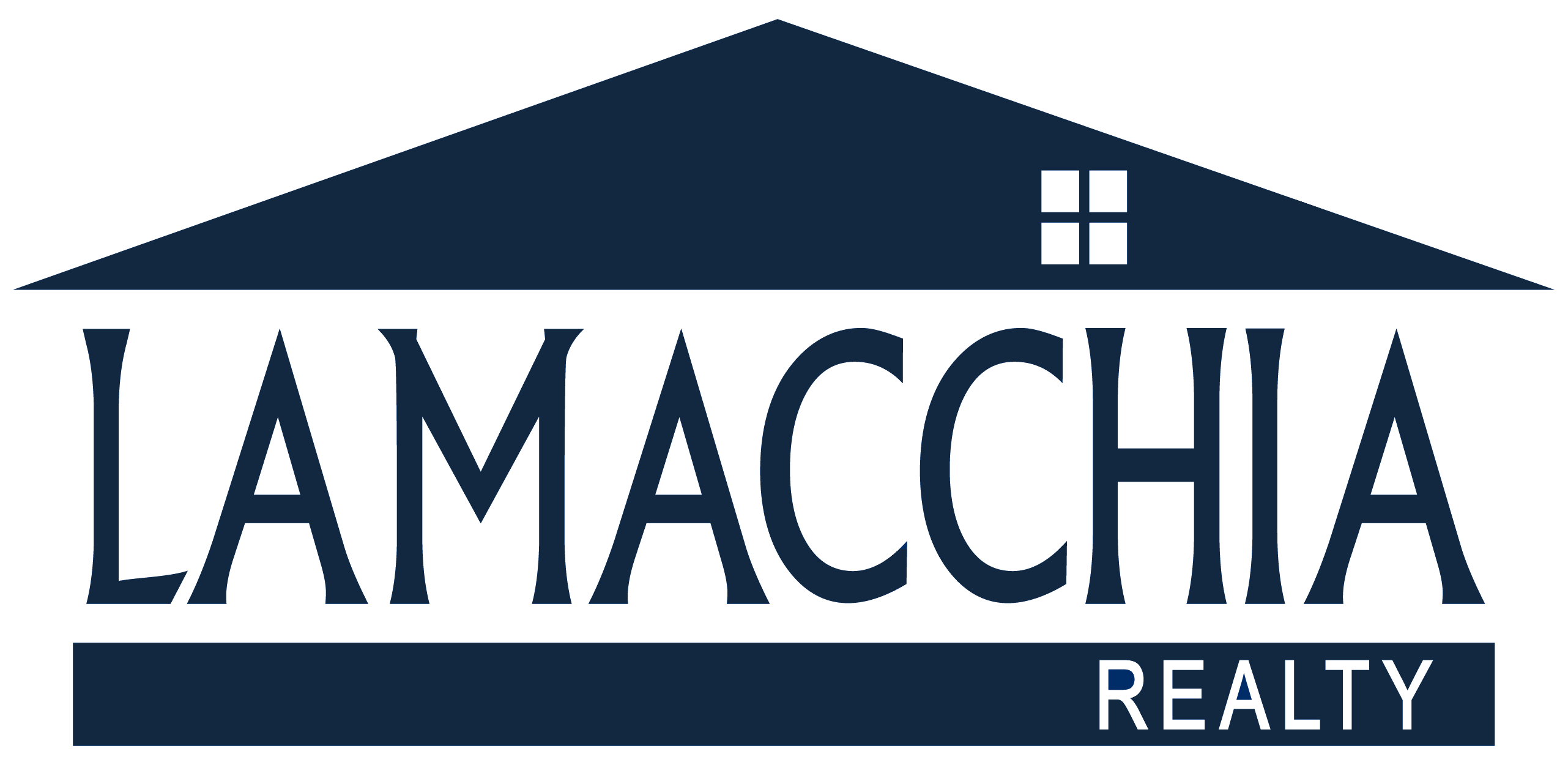
A year into the pandemic, many people are taking the time to reevaluate their current living situations. Whether you’re looking to become a homeowner, expand, or downsize your living space, there are many things to consider before exploring the possibility of moving into a new home in 2021.
As with many things in life, timing is everything. Buying a home at the wrong time may not put you in the best position in the future if you aren’t fully prepared at closing. Especially during the pandemic when things are uncertain, the decision to buy a home is not one you should take lightly.
Ultimately, the decision is a personal one that will depend on several factors. Though there’s no right or wrong answer for the best time to buy, here are three considerations that might play a role in your decision:
Your Financial Situation
Whether you’ve been saving up to buy a house or are still in the beginning stages of looking, you need to consider your current financial profile. Whether or not you are financially ready to become a homeowner will depend on factors, such as your employment status, level of outstanding debt, and your ability to manage your money responsibly.
In general, if you have a reliable source of income, a low debt-to-income ratio, and savings for a down payment, you’re in a good position to buy. However, if you’re concerned about job security, carry high debt, or have suboptimal credit, you may be better off waiting. Having your finances in order will ensure you’re ready to close on a home and can also afford the ongoing expenses you’ll incur as a homeowner.
Given the current economy, you may also need to factor in any impact the pandemic has had on your finances. It’s good to know that, even if you’ve experienced financial hardships as a result of COVID-19, there are still options for financing like home loans through the FHA, which offer competitive rates and more attainable credit requirements, though you’ll need to research how the qualifications have changed during the pandemic.
Your Personal Needs
There are many reasons you may want or need to move to a new house. As you start looking, think about why you’re moving. Some people might plan to move to a home that provides more space and distance from neighbors. Others may be looking to lower their cost of living, change their scenery, relocate closer to family, or simply because their jobs are no longer location-dependent.
Regardless of your reasoning, knowing why you are seeking a new home can help you establish a buying timeline. Consider how urgent your need to move is and make sure your finances align with your goals before deciding the best time to buy. If you find that your current home adequately meets your needs, you might decide to hold off on moving until you’re certain that you’re financially and emotionally ready to part ways with your space. Conversely, if you have to move for financial reasons or relocate to a home with more room for remote work or learning, now might be a good time to capitalize on low interest rates.
The Local Market
External factors like the real estate market can also indicate if it’s a good time to buy. Amid the pandemic, interest rates dropped to record lows, inventory plummeted, and a strong seller’s market emerged, driving up home prices. As a result, buyers have experienced fiercer competition and shorter windows of opportunity to snag properties.
Regardless of the market, you should understand what to expect when buying in different market conditions. If you’re adamant about buying in a seller’s market, you still can. However, you should be prepared to act fast, offer more than the asking price, and submit counteroffers. Getting mortgage preapproval and calculating how much you can afford are also vital steps to submitting competitive offers.
Real estate is also local, so buying conditions can vary from one region to the next. To ensure you get the most for your money, you should work with a real estate agent who has extensive knowledge of the local housing market. They should have a deep understanding of current trends and help guide you in making a decision based on your budget, personal situation, and the local market.
As popular destinations, both South Florida and the Lakes Region are posed for strong years in terms of buying and selling activity.
Buying in New Hampshire’s Lakes Region
The Lakes Region and surrounding areas have become increasingly popular for relocations. Though home sales dipped during the pandemic, a shrinking number of homes for sale has driven up prices. First- and second-time home buyers and investors looking to capitalize on low interest rates are expected to introduce a wave of demand to the region as they look to move from clustered locations to vacation areas like the Lakes Region. As a buyer in this region, you should expect a competitive experience.
Buying in South Florida
The housing market in South Florida continues to flourish as residents and businesses flock from high-cost urban areas, mainly in New Jersey, New York, Massachusetts, and Pennsylvania. Though some areas in South Florida experienced a decrease in sales during the pandemic, luxury property, and condo sales, specifically, continue to fuel real estate activity. As the COVID-19 vaccine rolls out and restrictions are lifted, you can expect an influx of buying and selling activity.
Buying a home is a process that takes time and energy to accomplish. Figuring out whether or not you’re ready and studying the local market are the first steps to becoming a homeowner. Take time to understand your situation, so you can make the best decision for your needs.
